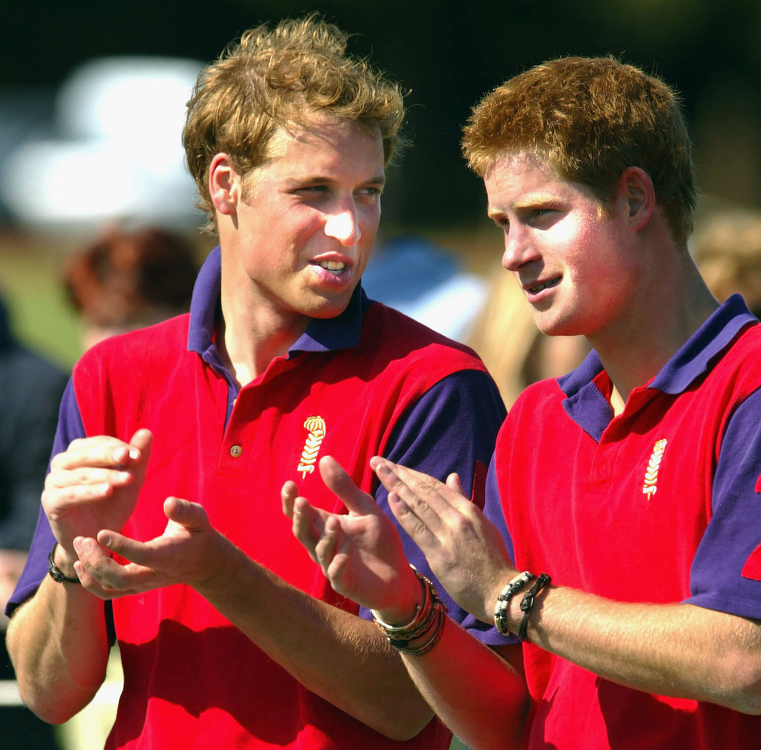| << Chapter < Page | Chapter >> Page > |
Socialization isn’t a one-time or even a short-term event. We aren’t “stamped” by some socialization machine as we move along a conveyor belt and thereby socialized once and for all. In fact, socialization is a lifelong process.
In the United States, socialization throughout the life course is determined greatly by age norms and “time-related rules and regulations” (Setterson 2002). As we grow older, we encounter age-related transition points that require socialization into a new role, such as becoming school age, entering the workforce, or retiring. For example, the U.S. government mandates that all children attend school. Child labor laws, enacted in the early 20th century, nationally declared that childhood be a time of learning, not of labor. In countries such as Niger and Sierra Leone, however, child labor remains common and socially acceptable, with little legislation to regulate such practices (UNICEF 2011).

Have you ever heard of gap year? It’s a common custom in British society. When teens finish their secondary schooling (aka high school in the United States), they often take a year “off” before entering college. Frequently, they might take a job, travel, or find other ways to experience another culture. Prince William, the Duke of Cambridge, spent his gap year practicing survival skills in Belize, teaching English in Chile, and working on a dairy farm in the United Kingdom (Prince of Wales 2012a). His brother, Prince Harry, advocated for AIDS orphans in Africa and worked as a jackeroo (a novice ranch hand) in Australia (Prince of Wales 2012b).
In the United States, this life transition point is socialized quite differently, and taking a year off is generally frowned upon. Instead, American youth are encouraged to pick career paths by their mid-teens, to select a college and a major by their late teens, and to have completed all collegiate schooling or technical training for their career by their early 20s.
In yet other nations, this phase of the life course is tied into conscription, a term that describes compulsory military service. Egypt, Switzerland, Turkey, and Singapore all have this system in place. Youth in these nations (often only the males) are expected to undergo a number of months or years of military training and service.
How might your life be different if you lived in one of these other countries? Can you think of similar social norms—related to life age-transition points—that vary from country to country?

Notification Switch
Would you like to follow the 'Introduction to sociology' conversation and receive update notifications?